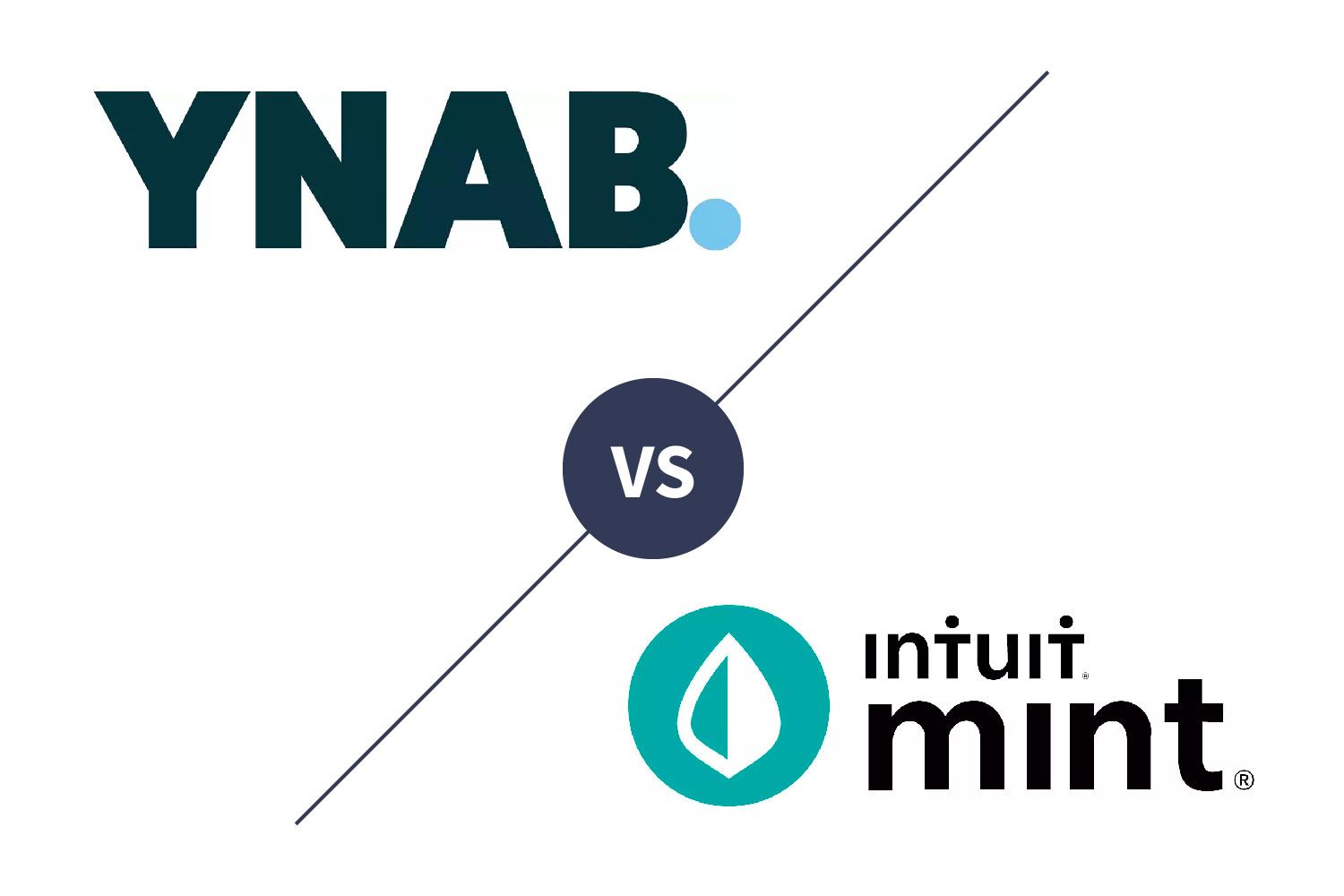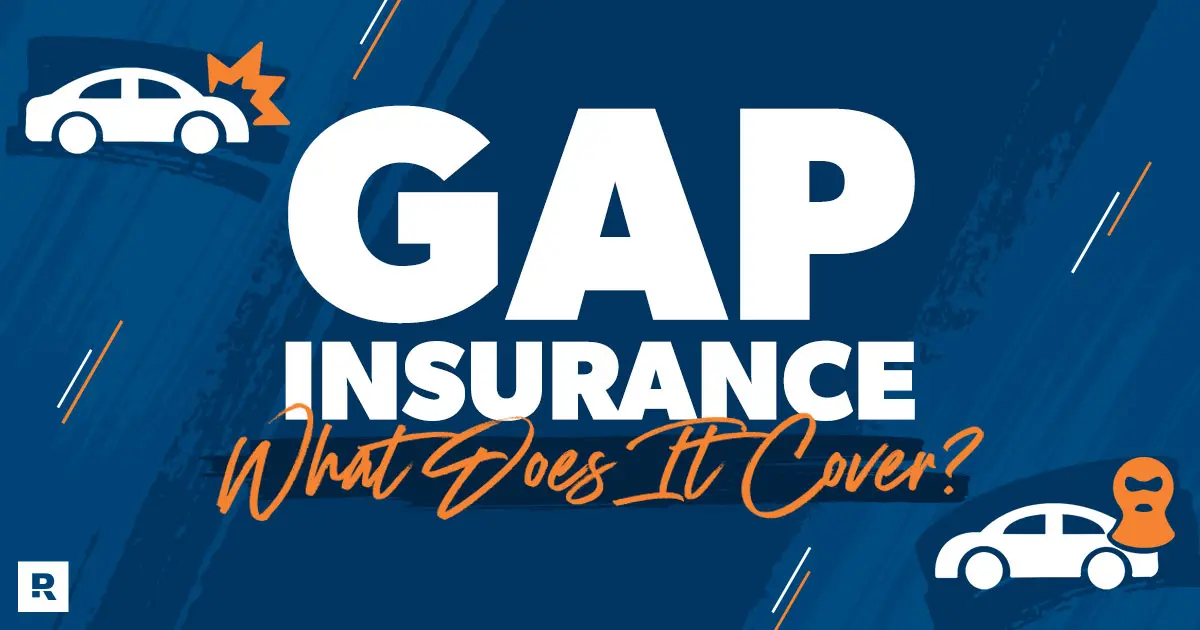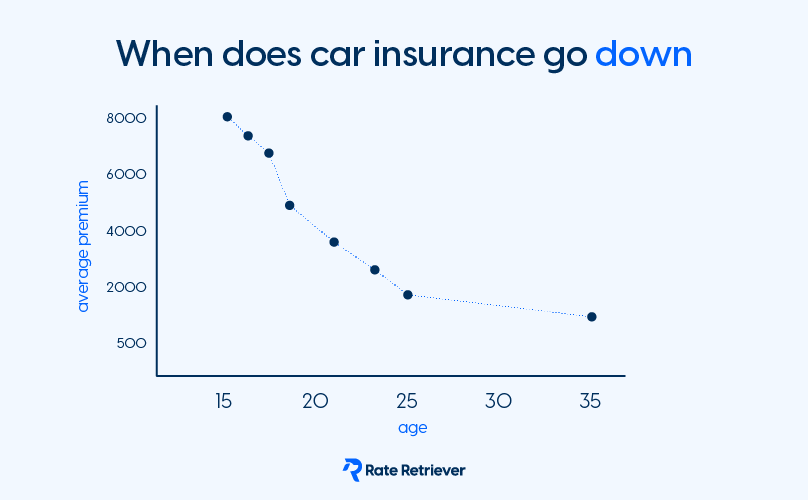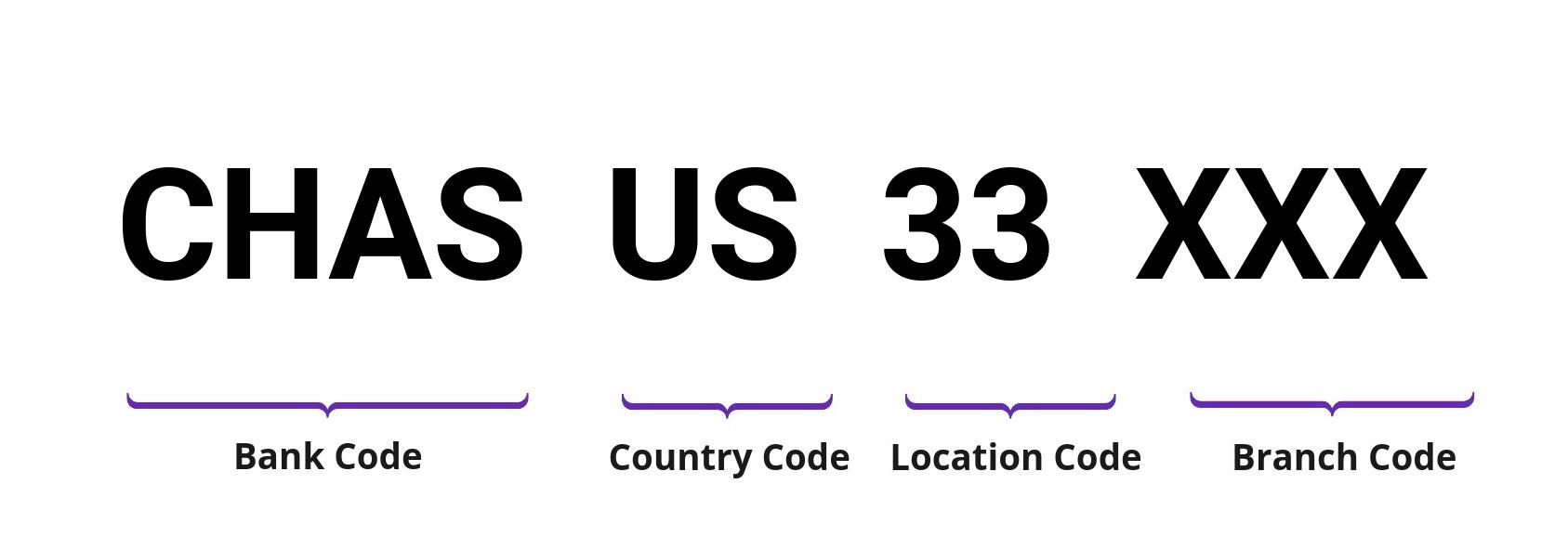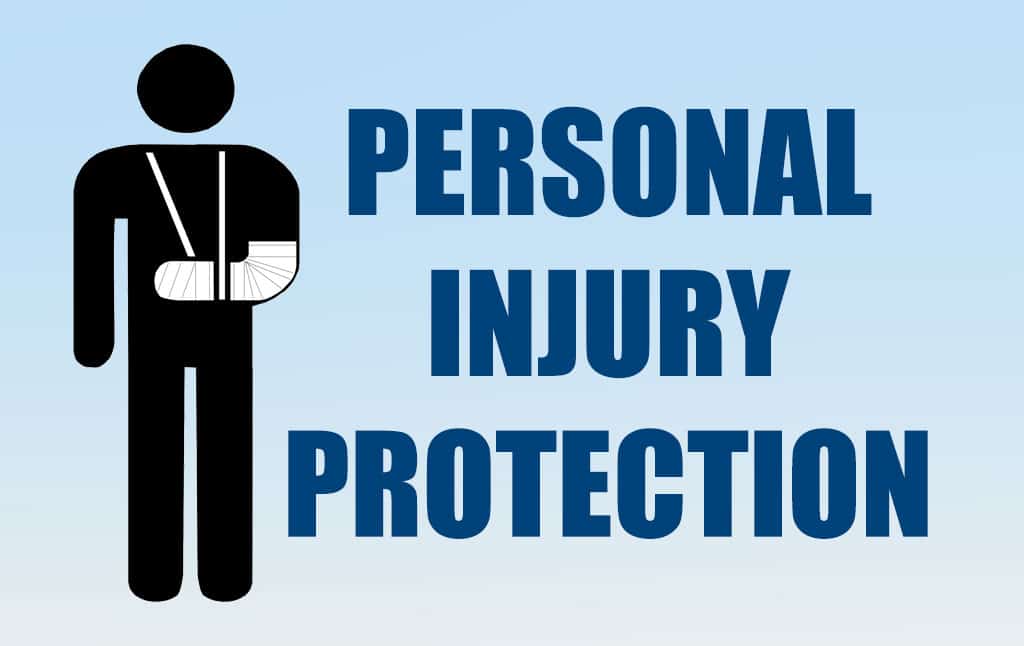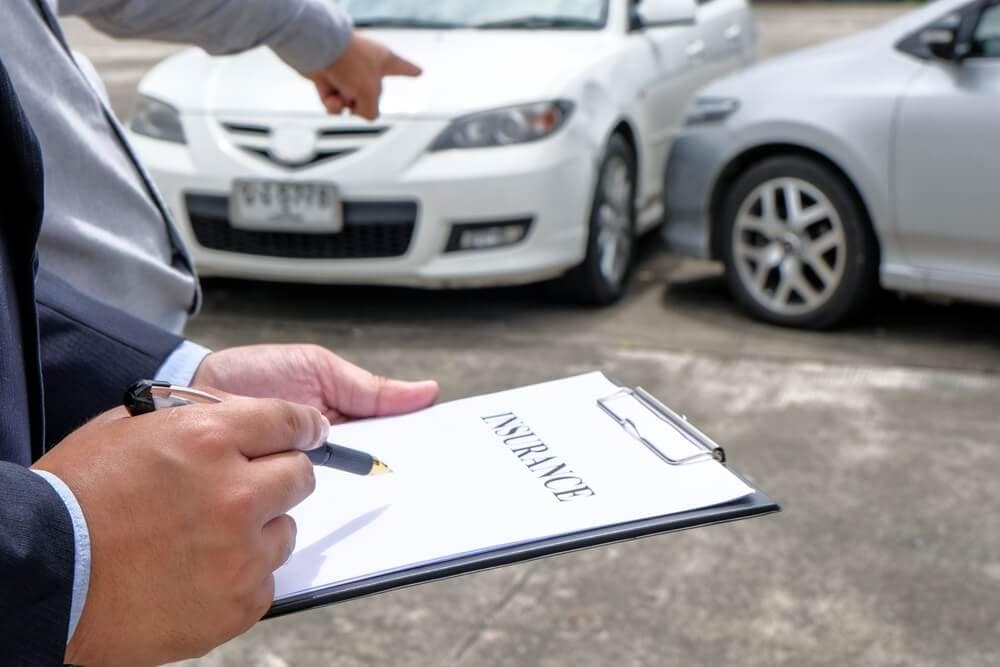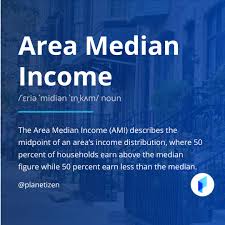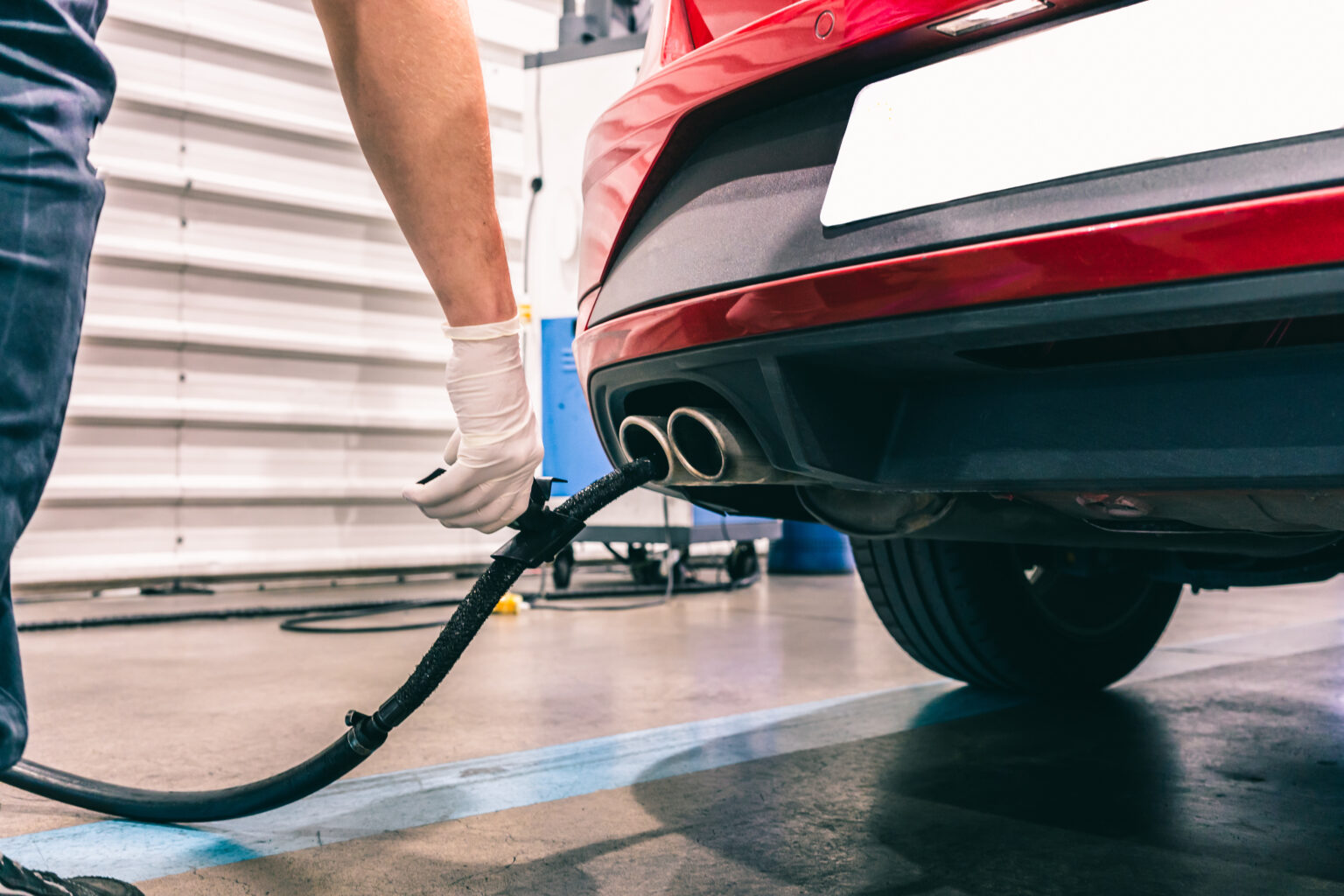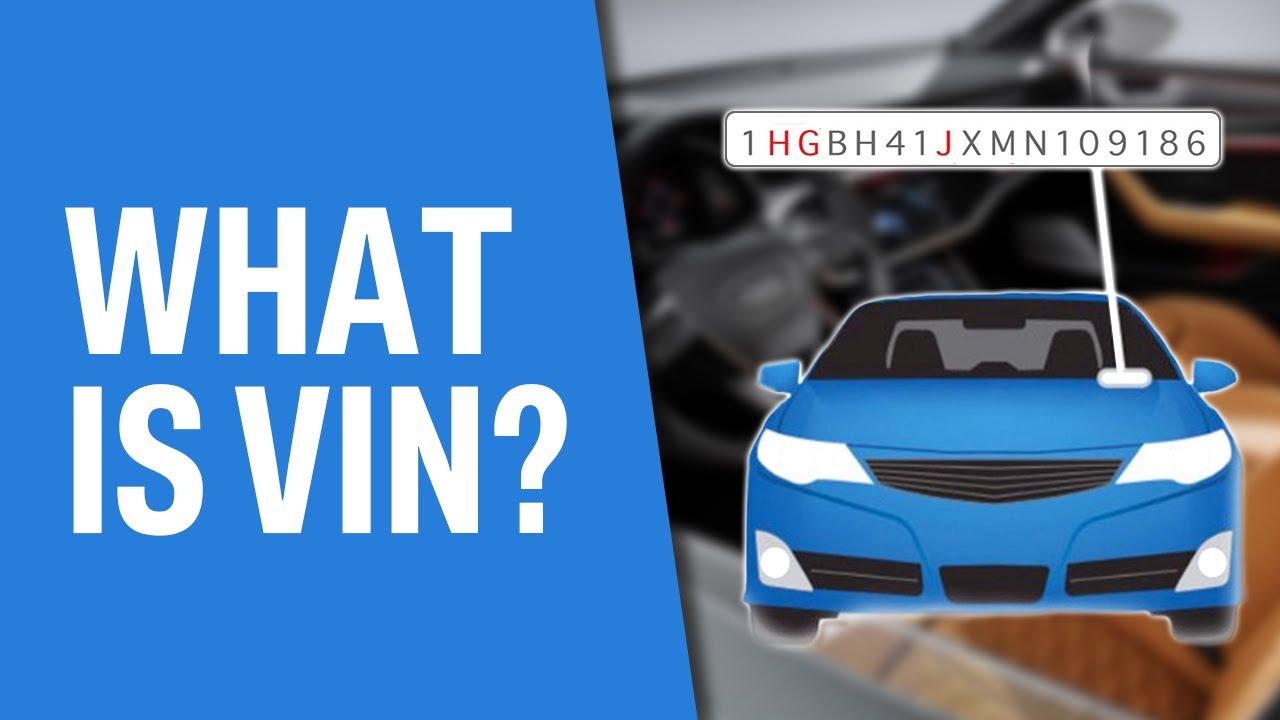If you’ve ever bought a car, sold one, or even just renewed your plates, you’ve probably come across the terms car title and car registration. At first glance, they sound like the same thing — but they’re not.
In fact, understanding the difference between a car title and car registration can save you from legal headaches, unexpected fees, or even being unable to prove that you actually own your vehicle.
Let’s break it down in simple terms.
Key Takeaways
- A car title proves ownership of your vehicle.
- Car registration shows that your vehicle is legally allowed on public roads.
- Both documents are issued by your state’s Department of Motor Vehicles (DMV) or equivalent agency.
- Titles typically only need updating when ownership changes, while registration must be renewed regularly.
What Is a Car Title (and Why Does It Matter)?
Think of a car title as your vehicle’s birth certificate. It’s the official document that says, “Yes, this car belongs to you.”
A car title usually includes:
- Vehicle Identification Number (VIN)
- Make, model, year, and color of the car
- Mileage at the time of title issuance
- Your name and address (or the lender’s if you’re still paying off a loan)
- The date the title was issued
Having the title in your name means you’re the legal owner. That matters because without it, you can’t sell your car, transfer it to someone else, or even easily register it for use.
How Do You Get a Car Title?
The process depends on how you got the car:
- Buying from a dealership: They typically handle the paperwork for you.
- Buying from a private seller: You’ll need a signed title, a bill of sale, and possibly proof of residency to take to your DMV.
- Paying off a loan: Once you’ve made your last payment, your lender will release their lien on the title, and you can request a clear title in your name.
In most cases, you’ll also need to pay taxes and fees before the DMV issues your new title.
Different Types of Car Titles
Not all car titles are created equal. Here are the most common types:
- Clear Title – No loans or liens; you fully own the car.
- Lienholder Title – The lender is still listed because you’re making payments.
- Electronic Title – Some states now issue paperless titles.
- Salvage or Rebuilt Title – For cars that have been totaled or rebuilt.
👉 Pro tip: If you’re buying a used car, always check its title status with a service like Carfax to avoid hidden surprises.
How Do You Transfer a Car Title?
When you sell or buy a car, transferring the title is key.
Here’s the basic process:
- Seller signs the title over to the buyer.
- Both parties complete a bill of sale (if required in your state).
- Get the documents notarized (some states require it).
- The buyer takes the signed title to the DMV to complete the transfer.
What Is Vehicle Registration (and Why Is It Important)?
If a title is your car’s birth certificate, then registration is its driver’s license.
A vehicle registration certifies that your car is allowed to be on the road. It links your vehicle to you (or your leasing company) and confirms that it meets state requirements, such as safety inspections, emissions testing, and insurance.
Your registration comes with:
- A registration certificate (usually kept in your glove box)
- License plates and stickers/tags for your windshield or plate
Without an active registration, it’s illegal to drive your car on public roads.
Are Registration and Tags the Same Thing?
Not exactly.
- Registration certificate: The document that proves your car is registered.
- Tags/stickers: The visual proof (usually on your plate or windshield) that your registration is current.
Both work together, but they’re not interchangeable.
Who Can Register a Car?
In most cases, the person listed on the title is responsible for registering the vehicle.
But here’s where it gets tricky:
- Leased cars: The leasing company holds the title, but they register the car in your name.
- Financed cars: Your lender may be on the title, but you’re responsible for registration.
Do You Need a Title or Registration to Get Car Insurance?
Most states require proof of insurance before you can register a car. However, not all states allow you to insure a car you don’t legally own.
So if you’re planning on driving, you’ll need:
- Proof of ownership (title or lease agreement)
- Proof of registration (for legal driving)
- Proof of insurance (to meet state law)
The Bottom Line
The difference between a car title and car registration boils down to this:
- A title proves ownership.
- Registration proves road legality.
You need both to drive legally — one says the car is yours, the other says the state gives you the green light to be on the road.
Whether you’re buying, selling, or simply renewing, keeping your documents up to date ensures you’re protected and compliant
